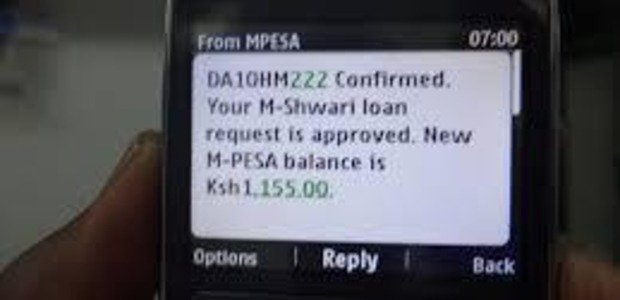advertisement
Safaricom’s M-PESA and M-Shwari remain vulnerable to money laundering activities
In Kenya there are about 159,000 mobile-money agents, most working through Safaricom’s M-PESA system, and also over 10 million accounts…

In Kenya there are about 159,000 mobile-money agents, most working through Safaricom’s M-PESA system, and also over 10 million accounts on M-Shwari, Safaricom’s online banking service, which remain vulnerable to money-laundering activities, according to U.S. officials.
The U.S. State Department’s latest report on money laundering and financial crimes reiterated concerns about mobile money and online banking, along with a reaffirmation that Kenya remains vulnerable to money laundering and financial fraud because it is the financial hub of East Africa.
The Director for Corporate Affairs at Safaricom, Stephen Chege, said, in response, that M-Pesa is in compliance with stringent global financial services standards for anti-money laundering, according to reports.
advertisement
There are also thriving unregulated networks of unlicensed remittance systems that lack transparency and facilitate cash-based, unreported transfers that the government cannot track, the 203-page global survey by the State Department’s Bureau for International Narcotics and Law Enforcement Affairs stated.
“Foreign nationals, including refugee populations, and ethnic Somali residents primarily use the hawala system to send and receive remittances internationally. Diaspora remittances to Kenya totaled $1.55 billion in 2015 and $862 million between January and September 2016,” the report added.
“The tracking and investigation of suspicious transactions within the mobile payment and banking systems remain difficult. For example, criminals could potentially use illicit funds to purchase mobile credits at amounts below reporting thresholds. The lack of rigorous enforcement in this sector, coupled with inadequate reporting from certain reporting entities, increases the risk of abuse.”